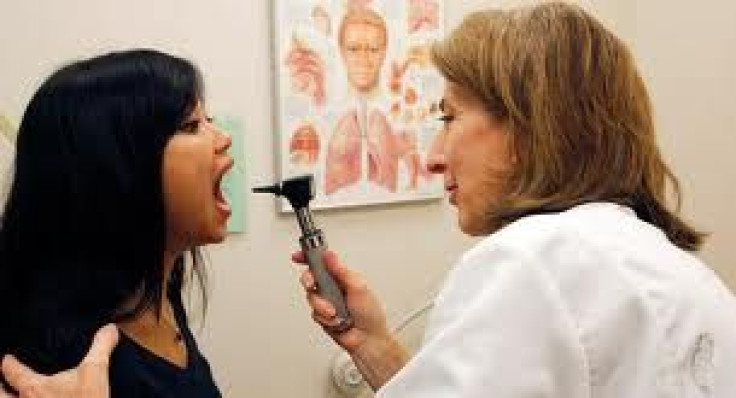Everyone Wants More Cancer Screening — Even If It Doesn't Necessarily Mean More Lives Saved

Cancer screening can be an effective method for locating cancer within the body before symptoms start, but patients should be aware that this form of testing is not 100 percent accurate. Researchers from the University of Bristol, the University of Exeter Medical School, and the University of Cambridge determined that over two-thirds of patients opted for further diagnostic cancer testing, even if their symptoms indicated a one percent cancer risk.
"This large study provides a clear and comprehensive account of public preference for investigation for cancer,” Dr. Jonathan Banks, from the University of Bristol, said in a press release. “It shows for the first time that there's a strong preference for diagnostic cancer testing, even if the risk is very low. This desire far exceeds what is actually being offered by the NHS, and we hope the findings can help policy makers and doctors in shaping guidelines and practice."
Banks and his colleagues from the UK issued questionnaires to 3,649 participants over the age of 40 who were given 6,930 graphic analyses of symptoms for certain types of cancer including colorectal, lung, and pancreatic. Participants from 26 general practices in three parts of England were asked about their own impression of diagnostic cancer screening. Guidelines for the National Institute of Clinical Excellence (NICE) suggest a patient should display symptoms that indicate a five percent risk or higher before they are considered for cancer screening.
Even if the patient’s risk of developing cancer was measured at around one percent, 88 percent of the time they still opt for further cancer screening. The explanations patients used for requiring more diagnostic cancer screening included peace of mind and the importance of early testing for cancer treatment. Patients who were around the age of 60 were more likely to ask for further cancer screening compared to patient’s around the age of 40 or patients 70 years or older.
"One main reason for the UK's poor performance on cancer is that fewer patients with symptoms obtain an early diagnosis,” said Professor Willie Hamilton from the University of Exeter Medical School. “Currently the NHS isn't offering cancer diagnostic testing at the level patients requested in this study. How this gap can be narrowed is a critical and compelling decision for the NHS as a whole."
According to the National Health Society (NHS), cancer survival rates have increased over the past 15 years. However, one out of every three people in the UK will develop cancer at some point in their lifetime. Health care professionals in the UK say cancer screening can only improve cancer survival rates by eliminating patients who do not require testing or treatment and focusing on at-risk patients. The NHS would like to remind you that quitting smoking, eating well, and regular exercise are your best bet for staying cancer-free.
Banks J, Hollinghurst S, Hamilton W. Preferences for cancer investigation: a vignette-based study of primary-care attendees. Lancet Oncology. 2014.



























